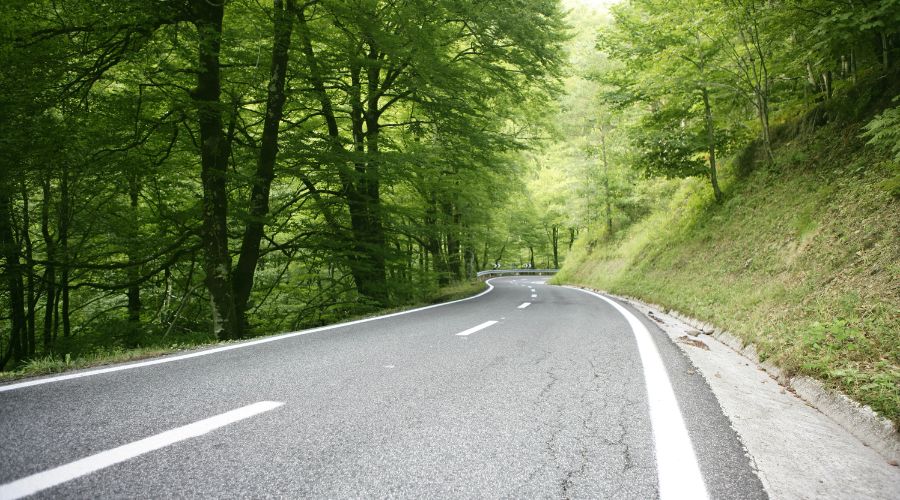New Forest: Driver charged after hitting cow while under influence of alcohol
20th September 2024
A 26-year-old man from Totton has been charged after hitting a cow on a road in New Forest when drink driving.

Phelim O’Hara of Wetherby Court was charged with driving with an alcohol level above the legal limit.
The charge follows reports of a collision between a vehicle and cow on Roger Penny Way, near Telegraph Hill, on Monday evening, 16th September.
The man was released on bail and is set to appear at Southampton Magistrates’ Court on Tuesday, 12th November.
Local police have issued a warning to motorists over livestock roaming on roads in the New Forest area.
Rural road hazards
Sara Western, motor expert at NFU Mutual, shared her top tips on how to tackle common hazards faced on rural roads:
- Speed limits, not targets – designated speed limits are provided as a maximum legal guide, however, hazards such as sharps bends, animals on the road and changing conditions often mean that drivers should determine their speed by the circumstances, rather than the speed limit.
- Winding roads – when driving on twisting roads, slow your car ahead of the bend to a speed which will allow you to stop should a hazard emerge around the corner.
- Mud on the road – mud, along with wet leaves, can be incredibly slippery in wet conditions; you should exercise caution and reduce your speed.
- Manure on the road – anyone driving on a rural road should expect to share it with horses and their riders.
- Limited vision – hedges and overgrown trees can make it difficult to clearly see the road ahead. Assess your speed according to your surroundings.
- Reacting to wildlife – look out for signs that indicate you may encounter wildlife. Larger animals present a bigger problem. If there’s no oncoming traffic then sounding your horn may startle the animal to move safely out of the way, whilst braking could reduce the severity of an impact, but always be mindful of vehicles behind you.
- Livestock delays – if the road is blocked by livestock the best thing to do is stop the car, turn off your engine and wait patiently.
- Farm traffic – if you do decide to overtake it, make absolutely sure the road ahead is clear and consider any junctions ahead that motorists may pull out from.
- Ice on or under bridges – the road surface on bridges will be the first to freeze when the temperate drops, whilst roads that run underneath them will often be the last to thaw. Consider your speed and stopping distance in icy conditions.
- Churches are a sign – if you see a church spire in the distance, it’s very likely that you’re about to drive into a residential area, so be prepared to reduce your speed and look out for vulnerable road users – especially children.
Read more rural crime news.

